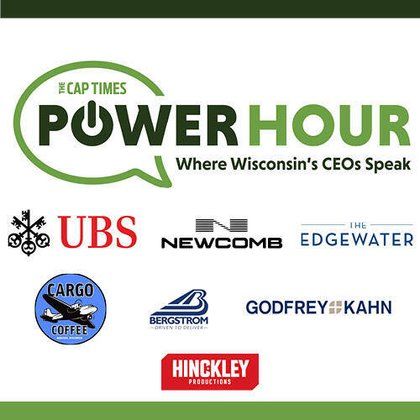“The report really highlights a number of success stories, including reducing reliance on landfills, innovating products, reducing emissions, reducing water consumption, increasing biodiversity and really building communities,” WPC President Scott Suder said in an interview. “Sustainability is at the heart of what our industry does.”
The report includes a section on Essity’s Menasha mill, which implemented process changes in recent years that cut phosphorus discharges by more than 50 percent while boosting its effluent water recycling rate from under 5 percent to above 30 percent.
It also spotlights an effort at Green Bay Packaging to use treated wastewater from a nearby municipal plant to offset its freshwater consumption. According to the report, the company received an average of about 40 million gallons of “reclaimed water” each month in the first half of 2022, reducing the impact on the Lake Michigan watershed.
“They have a net zero papermill in terms of water consumption,” Suder explained. “It is an impressive new technology, and that is being replicated throughout the country. They made that investment because they care about their community and about the environment, but it’s also inevitably good for their business as well.”





